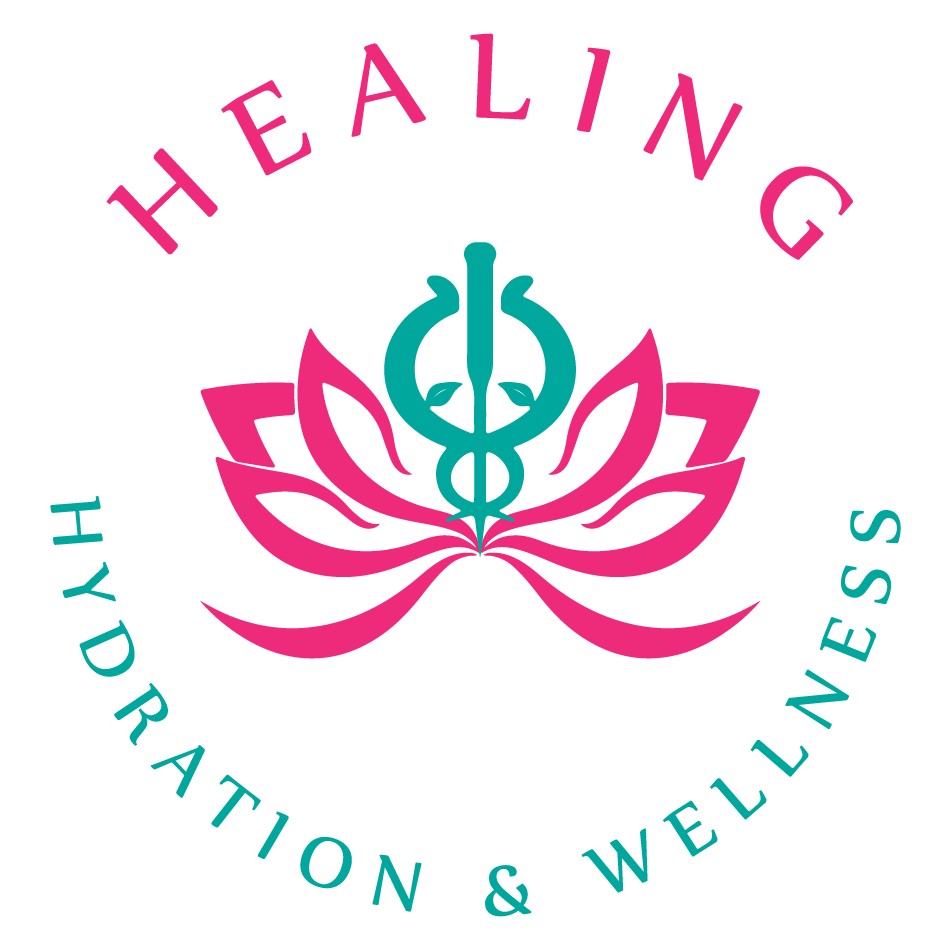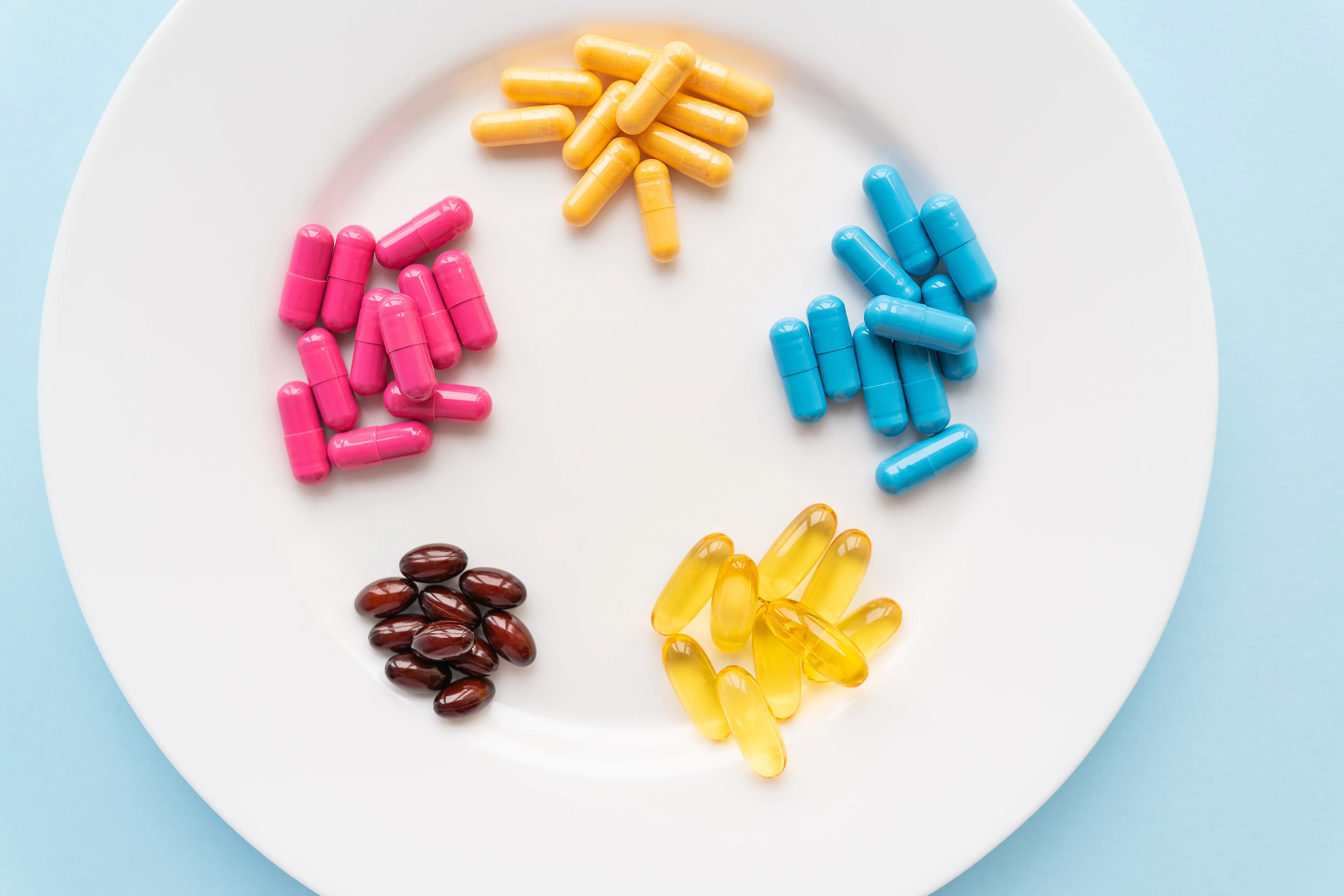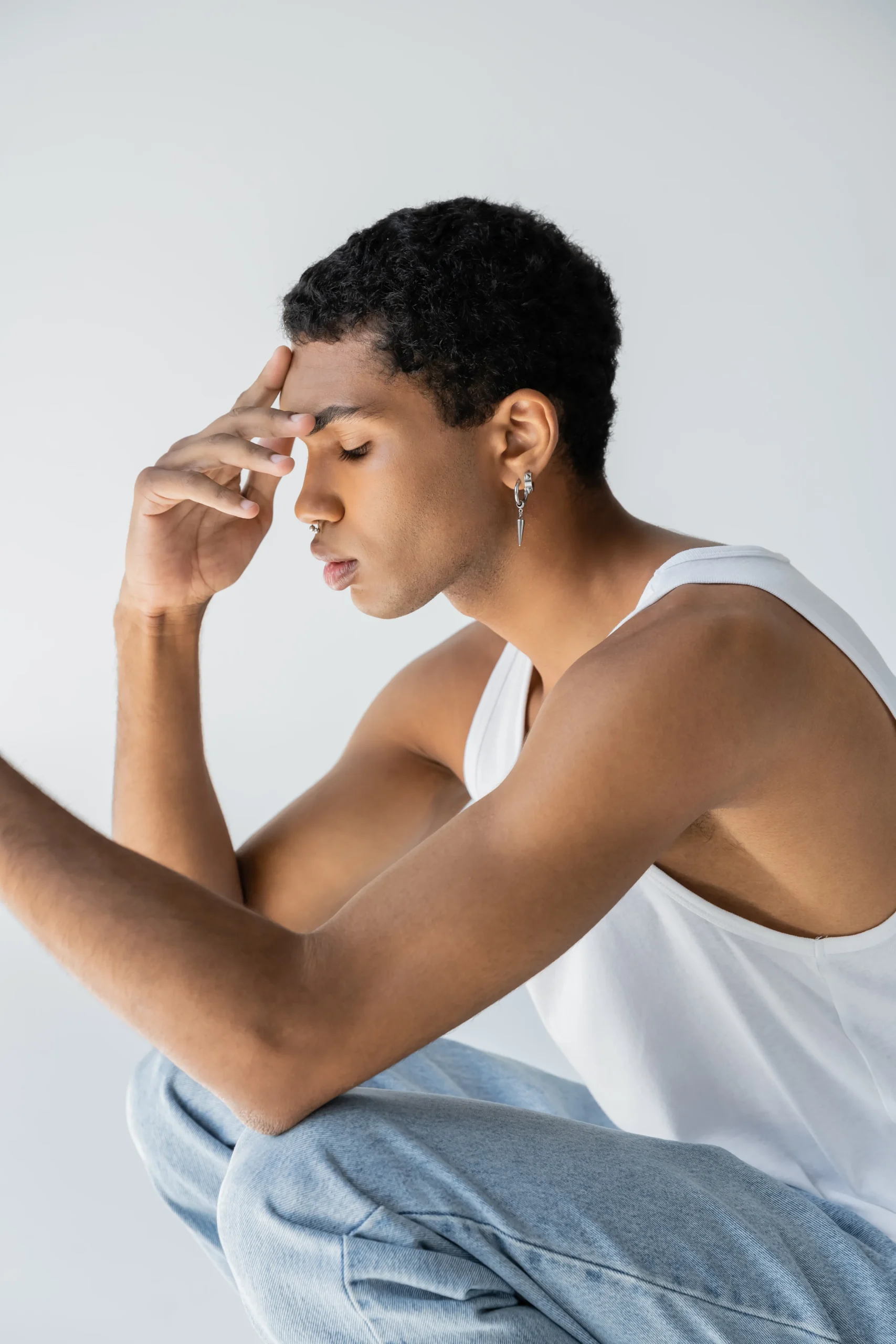Black tea is one of the most widely consumed beverages around the world, known for its bold flavor, deep color, and potential health benefits. Often chosen as a coffee alternative or enjoyed in its own right, it prompts an important question for health-conscious drinkers—does black tea have caffeine? The answer is yes, but the amount and its effects depend on several factors. This article explores the caffeine content in it and its implications for your daily routine and overall well-being.
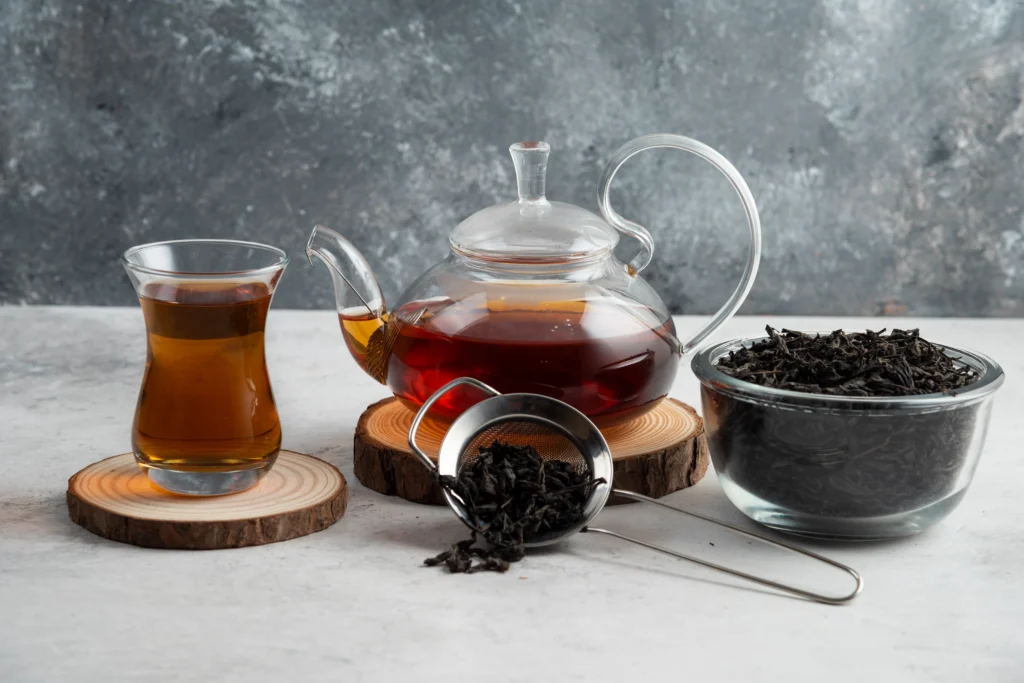
Where Black Tea Comes From
All true tea varieties—green, white, oolong, and black—come from the Camellia sinensis plant. What differentiates them is the level of oxidation. Black tea is fully oxidized, which gives it its robust flavor and dark hue. The oxidation process also affects the chemical makeup of the leaves, including their caffeine content.
Black tea is enjoyed in many forms across different cultures: English breakfast tea, Earl Grey, Darjeeling, Assam, and flavored blends are all popular variations. Despite these differences in taste and tradition, they all contain caffeine.
How Much Caffeine?
Yes, it does contain caffeine. On average, an 8-ounce cup of black tea contains between 40 and 70 milligrams of caffeine. This range varies depending on several factors:
- Type of black tea: Some varieties, like Assam or Irish Breakfast, tend to have higher caffeine levels.
- Brewing time and temperature: Steeping tea longer or using hotter water increases caffeine extraction.
- Leaf quality and quantity: Whole leaves generally release less caffeine than finely ground ones found in tea bags.
Compared to coffee, which typically contains around 95 milligrams of caffeine per cup, black tea offers a moderate boost of energy without the intensity or crash that coffee can sometimes cause.
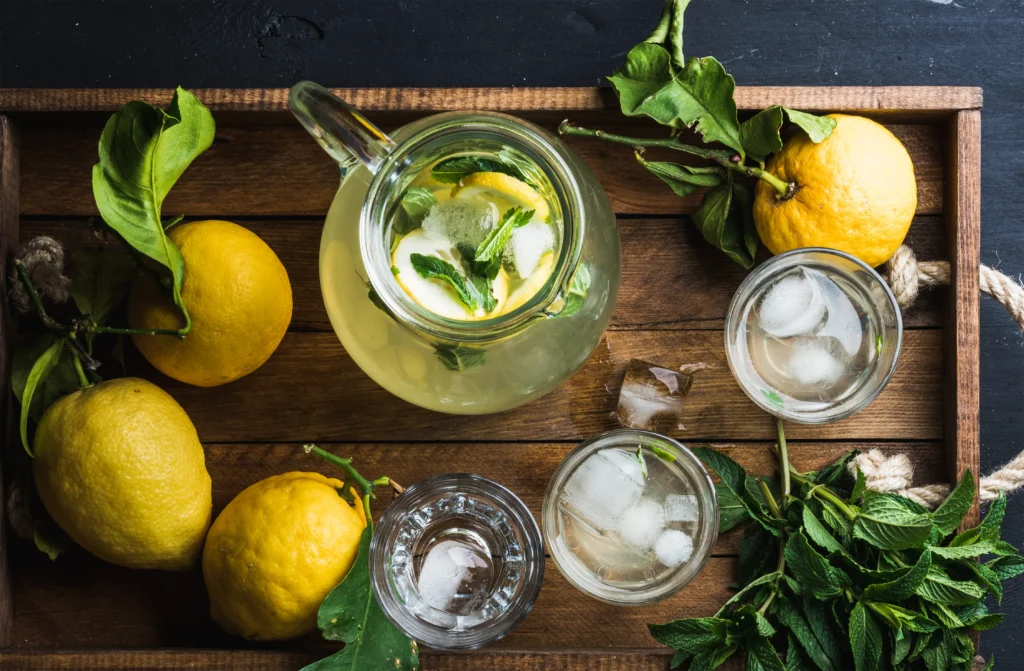
How Black Tea Affects the Body
The caffeine in black tea acts as a stimulant by blocking adenosine, a neurotransmitter responsible for making you feel tired. This results in improved alertness, concentration, and reaction time. However, black tea also contains the amino acid L-theanine, which promotes relaxation and focus, helping to balance the stimulating effects of caffeine.
This combination makes black tea a preferred choice for people who want enhanced mental clarity without the jitteriness or nervous energy often linked to coffee. The effects of black tea caffeine tend to be more sustained and gentler.
Caffeine Sensitivity and Considerations
Caffeine sensitivity varies widely among individuals. While moderate caffeine intake is considered safe for most healthy adults, excessive consumption can lead to sleep disturbances, increased heart rate, anxiety, and digestive issues. If you’re sensitive to caffeine, it may be helpful to:
- Limit intake to one or two cups per day
- Opt for decaffeinated black tea
- Choose shorter steeping times
Pregnant individuals, children, and those with certain health conditions should consult their healthcare provider about appropriate caffeine intake.
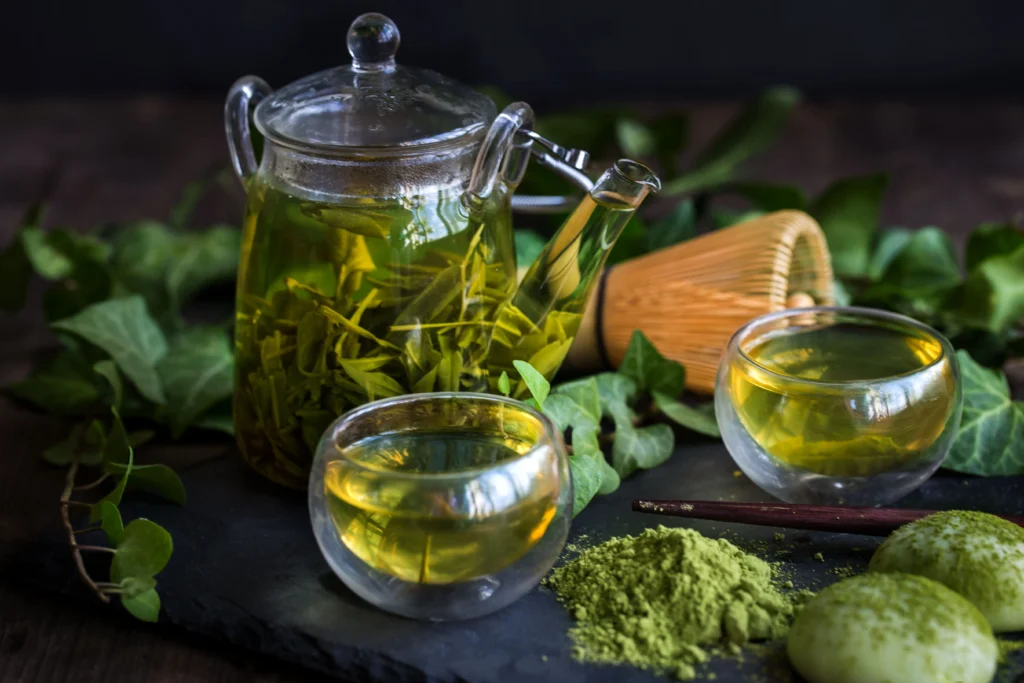
Health Benefits of Black Tea
Beyond caffeine, black tea offers a host of health benefits. It contains polyphenols—antioxidant compounds that help combat oxidative stress, support heart health, and reduce inflammation. Some studies suggest black tea may lower blood pressure, improve cholesterol levels, and support gut health by promoting the growth of beneficial bacteria.
Black tea also contributes to hydration and can be part of a balanced wellness routine. Its energizing yet soothing properties make it a versatile beverage for morning alertness or an afternoon pick-me-up.
For more tips on maintaining energy and wellness, visit Healing Hydration & Wellness.
Conclusion
So, does black tea have caffeine? Absolutely. While it contains less caffeine than coffee, black tea still offers a noticeable and sustained energy boost. Thanks to its unique balance of caffeine and L-theanine, it provides mental clarity and focus without the overstimulation that some other beverages can cause.
Whether you’re seeking a coffee substitute or simply want to enjoy a flavorful, health-supporting drink, black tea is a smart and enjoyable option. For personalized hydration support and lifestyle wellness, explore the resources available at Healing Hydration & Wellness.
